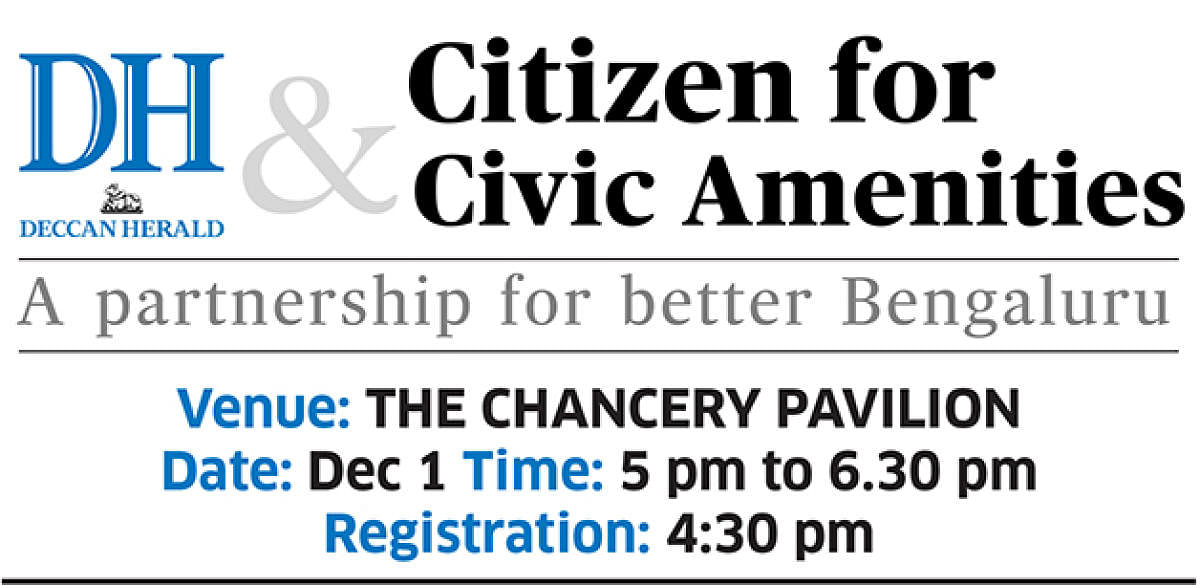
The number of vehicles in the city is set to cross the 80-lakh mark, a huge jump from the 31 lakh in 2008, as increased buying power and gaps in public transportation have made Bengaluru the most congested city in the country.
A decade after a RITES survey warned about the exploding transportation needs of Bengaluru and suggested a comprehensive plan, including a 170-km network of Metro rail, 60 km of monorail and ring roads, successive governments have not been able to implement the projects in a time-bound manner.
A study by National Bureau of Economic Research, United States, has ranked Bengaluru first among the most congested cities of India, followed by Mumbai and Delhi.
Traffic in the city is the second slowest in the country, after Kolkata.
According to statistics from BBMP’s Transport Engineering Cell, the eight zones of the city have 1,400 km of arterial and sub-arterial roads, about half of which are two-lane roads with two-lane traffic.
Officials are finding it difficult to move even one-way traffic on two-lane roads at junctions like Silk Board and K R Puram.
While the ‘Comprehensive Traffic and Transportation Plan for Bangalore’ in 2007 recommended ideal road traffic as 3,600 passenger car units per hour on a two-lane one-way road, the number has doubled and trebled at several places.
The average PCUs per hour on major arterial roads, including Mysuru Road, outer ring road and core city area has crossed 10,000.
“There is simply no scope for widening the roads, as it involves the acquisition of adjacent land at a huge cost. We hope elevated roads will address the problem to some extent,” said a BBMP official.
Professor Ashish Verma from Transport Systems Engineering cell of Indian Institute of Science (IISc) has warned that construction of roads will prove to be a mistake considering the moderate traffic growth of 6.67%.
His recent study shows that the Rs 15,825-crore elevated corridors will be futile by 2025, the year they are expected to be ready.
Deputy Chief Minister and Bengaluru Development Minister G Parameshwara had recently said that vehicle registration would be stopped for two years to check growing vehicle population, a move which will remain a hollow promise considering the anger it will evoke among the public.
Parameshwara was not available for comment but officials in the government said such a move will not stand the test of law.
“The only way forward is to ensure that owning a vehicle is a costly affair and using it in Bengaluru will not be easy. For this, additional taxes and cess have to be imposed and parking fee has to be hiked,” a senior official said.